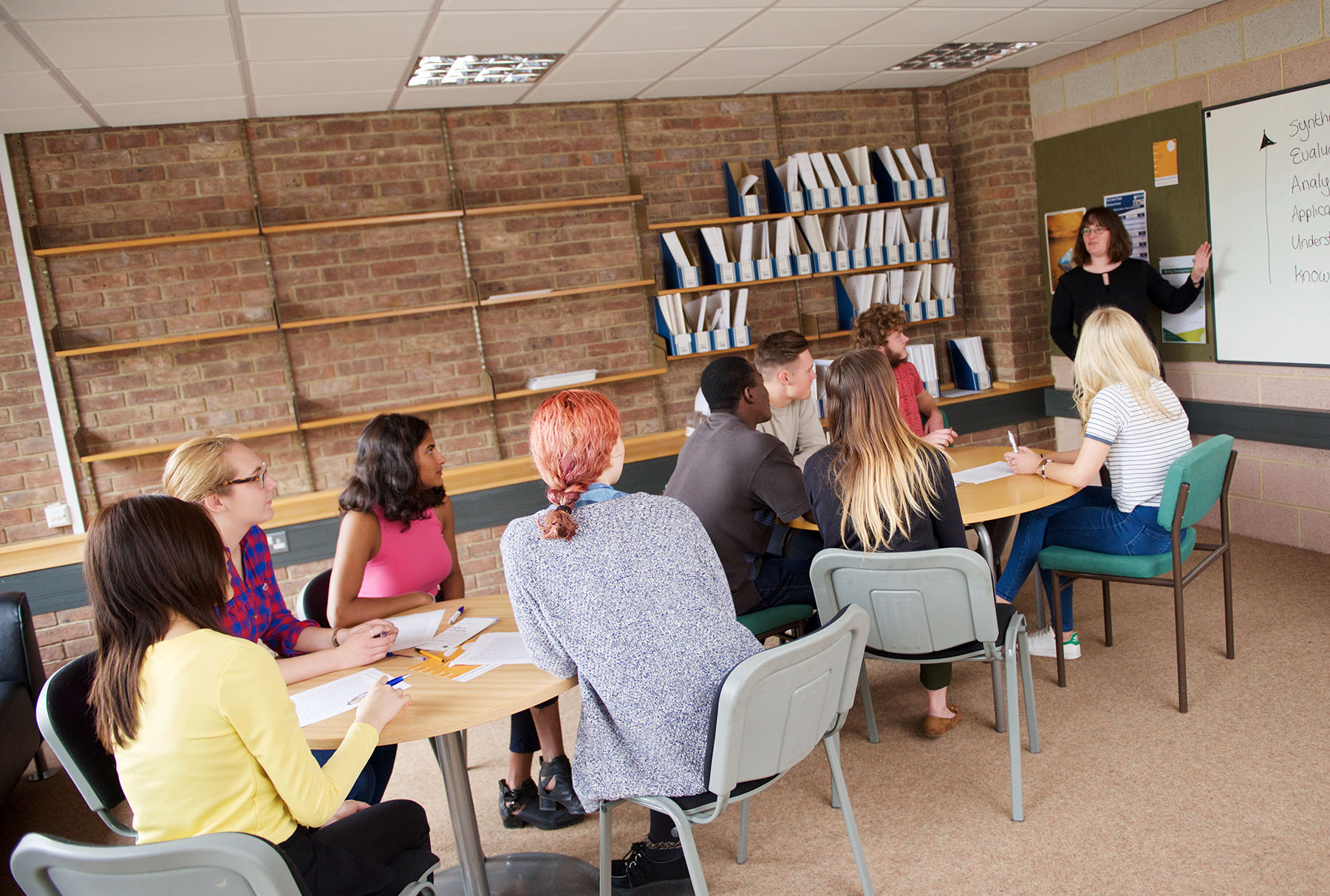Peer Dialogue
NEW: A vision for education and skills at Newcastle University: Education for Life 2030+
Peer Dialogue Policy
The University has a peer dialogue process which all staff who teach are required to engage with. The policy recognises the importance of colleagues having the opportunity and time to think about specific aspects of their teaching either with a colleague or in a larger group. The process is developmental and confidential.
The policy applies to all aspects of learning and teaching delivered, at both undergraduate and postgraduate level, whether face-to-face or blended methods through on campus (Newcastle, Malaysia, and Singapore) or off campus.
The date and names involved in the observation will be recorded by your Academic Unit or Service. The discussions and any observation notes will not be shared outside the observation pairing.

What to do when being observed?
Identify a teaching session you can use for peer observations these might include, but are not limited to seminars, workshops, small group teaching sessions; lectures and other large group teaching sessions; research supervision sessions (one-to-one or group); distance learning facilitation; online materials; laboratory supervision; field-work supervision; student-led group facilitation; groupwork session facilitation. Think about what you would most like to gain feedback on.
You could use a form to focus the observation and allow for a discussion before and after the observation.
Peer Observation Template.docx
A few days before the session, send your form to the observer along with any information they might need to be aware of, or any specific areas you would like feedback on. This will help focus your reflections
Ask the observer to make brief notes during the observation to be used post- observation for discussion. The notes are not to be shared with anyone other than the observer and the teacher/facilitator.
Arrange a time to meet after the observation. It’s best to have the debrief session a little while after the teaching event (5-7 days later) so that you both have time to reflect. It’s not recommended to meet immediately after the observation a few days to reflect and take stock will result in a more developmental discussion.
Observing a peer
When providing feedback to peers it’s important to remember there’s an element of personal preference for receiving feedback. Some colleagues might prefer to read any notes you made before the post-observation meeting to allow time to digest the reflections. It’s important to keep the feedback whether verbal or written to be constructive, developmental, and positive.
Ensure you have met with the teacher/facilitator you are observing before the set observation date to understand the focus of the observation.
When observing, make notes or use the observation template above to give agreed focused feedback and consider what it is you can apply to your own teaching/course design/feedback practice.
Remember to engage in a constructive follow-up discussion with the individual or group and understand how your practice can be mutually enhanced.
Case Studies
Academic staff are strongly encouraged, where examples of effective practice are observed, to jointly agree to put forward any such examples to any appropriate fora in the Academic Unit or subject or via the LTDS Case Studies of Teaching Practice site.
